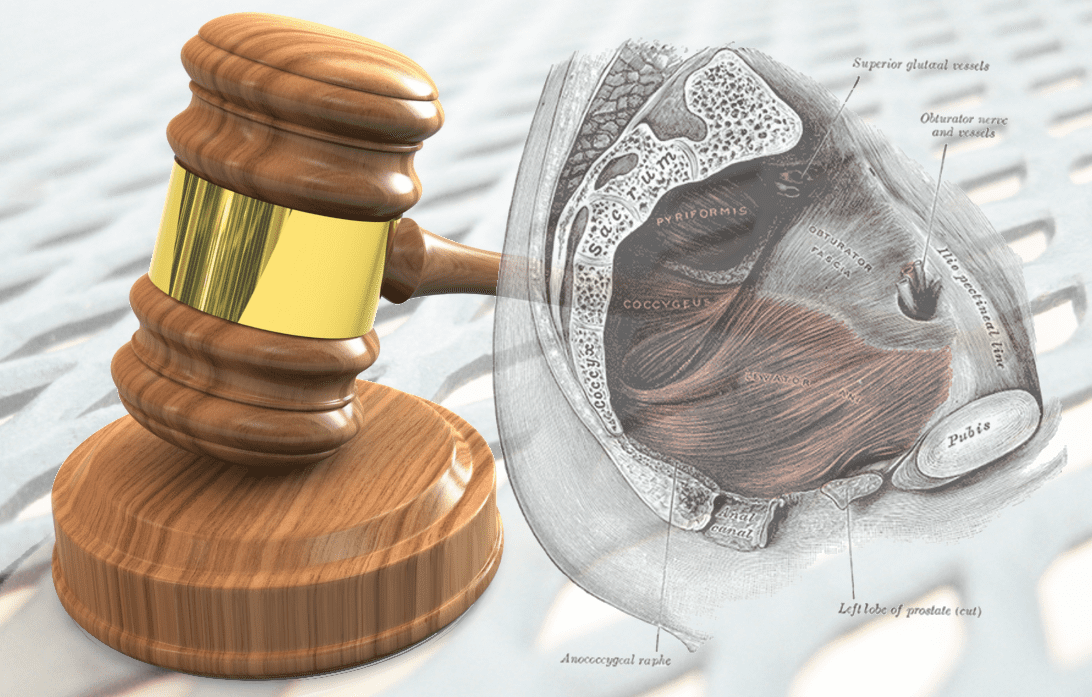Summary Judgment Upheld in Boston Scientific Vaginal Mesh Case
On February 9, 2009, a North Carolina resident was implanted with the Obtryx Transobturator Mid-Urethral sling. This patient filed suit against the maker of her vaginal mesh, Boston Scientific (“Boston”), asserting claims of breach of express and implied warranties, negligence, punitive damages, and strict liability (design defect, failure to warn, and manufacturing defect). She asserts that she experienced multiple complications as a result of the mesh including difficulty during intercourse and vaginal pain.
Boston moved for summary judgment on all of the claims. Applying North Carolina law, the Multidistrict Litigation (“MDL”) court denied Boston’s motion as to the negligent design claim, ruling that a genuine issue of fact exists as to whether Boston acted unreasonably in designing the Obtryx. The judge ruled that an issue of fact also existed as to whether Boston unreasonably failed to adopt a safer, practical, feasible, and otherwise reasonable alternative design, or whether the design or formulation of the product was so unreasonable that a reasonable person, aware of the relevant facts, would not use it. The MDL court also denied Boston’s summary judgment on the claim of breach of implied warranty of merchantability, explaining that because a reasonable juror could likewise find that Boston breached the implied warranty of merchantability.
The MDL court also awarded Boston’s summary judgment on the negligent manufacturing claim, finding the record “is devoid of any evidence regarding Boston’s manufacturing process, much less any negligent action or omission that occurred during those processes.”
In addition, the MDL court awarded Boston’s summary judgment on the breach of expressed warranty, finding the record contains no evidence suggesting that any express warranties were provided to her surgeon. At the conclusion of pretrial proceedings, the MDL court transferred the plaintiff’s action to the Western District of North Carolina.
Motion for Reconsideration
The plaintiff filed a motion for reconsideration, where she argued that the MDL court improperly weighed contradictory evidence, failed to construe the evidence and reasonable inferences in a light most favorable to the Plaintiff, and made a determination on an issue that should have gone to the jury. The plaintiff asked the North Carolina Court to set aside that ruling as clearly erroneous and resulting in a “manifest injustice.”
On June 4, 2015, Judge Max O. Cogburn Jr. of the United States District Court for the Western District of North Carolina explained that the MDL court properly relied on the implanting surgeon’s admission that he did not read the device’s directions for use. Judge Cogburn found that the plaintiff’s request is simply an attempt to have the District Court “rethink” the merits of the MDL court’s decision, which is not a valid ground for reconsideration.
Share This



